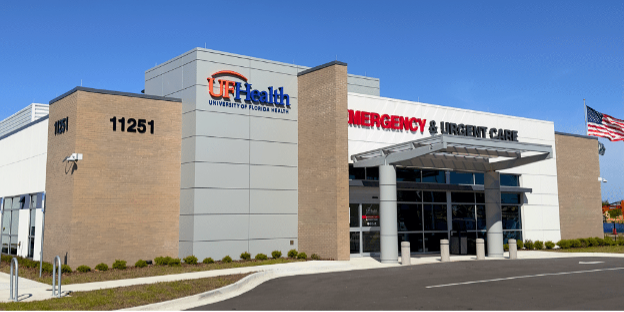Symptoms and Treatment of Appendicitis
- Category: General
- Posted On:

The appendix is a small pouch connected to the colon, located around the lower right area of the abdomen. The organ's primary function is not known, although many believe it helps with the immune system in the stomach. It can store "good" bacteria to keep the gut healthy.
However, the appendix can get inflamed. If something small enough gets inside, it can cause a blockage that allows for "bad" bacteria to develop. If left unchecked, it can swell up, cause pain, and eventually burst, which can be extremely dangerous.
How Appendicitis Happens
Appendicitis is caused by a blockage in the appendix. That leads to one of many probable infections from bacteria, viruses or even parasites in the digestive system. Another cause of appendicitis is when stool blocks or traps the tube joining the large intestine and the appendix.
The condition leads to a swollen appendix, which causes extreme pain. The blood supply to the appendix eventually stops as the swelling becomes worse. The lack of blood flow slowly kills the tissues of the appendix. As this happens, the organ will begin to tear and break down, which allows stool, mucus and bacteria or infection to spread through the abdominal cavity.
Symptoms of Appendicitis
There are several symptoms associated with appendicitis. The first and most common is a sharp and sudden pain you can feel near the lower right area of your abdomen. It happens suddenly and seemingly out of nowhere. The pain will continue to grow and get worse over time.
Coughing, sneezing or sometimes just moving can aggravate the pain. In worst-case scenarios, the patient can have a difficult time walking around.
Other symptoms of appendicitis include:
- Lack of appetite (usually because of abdominal pain)
- Nausea and vomiting
- Constipation or inability to pass gas
- Passing gas more than usual
- Diarrhea
- Bloating of the abdomen
- Low-grade fever that gets worse
The site of the pain can vary from one person to another. Factors to consider are a person's age and the size and overall position of the appendix.
Appendicitis Treatment and Prevention
Currently, there is no known way to effectively prevent appendicitis from forming. The best thing to do is to become familiar with the known symptoms so you can address the condition before it gets worse.
There is one primary appendicitis treatment which involves removing the appendix from the body. This surgical procedure, known as an appendectomy, can be scheduled or done in an emergency.
Your doctor will schedule an appendectomy if the condition is in the early stages. You may first undergo a series of antibiotic treatments to reduce the inflammation.
The doctor may need to perform an emergency appendectomy if the appendicitis is in the later stages and the appendix is about to burst.
The main objective of treatment is to prevent the appendix from bursting and causing more complicated issues.

Get Appendicitis Treatment at UF Health Emergency & Urgent Care Centers
You never want to disregard abdominal pain or any bodily pain, for that matter. Like most other conditions, appendicitis gets worse the longer it is left untreated. More bacteria may grow inside, causing it to eventually burst. Not only is that painful, but it leads to further complications.
In the past, the decision on where to go for your illnesses and injuries was up to you. Now, let us be the expert to diagnose and treat you anytime you need us, all at one location.
At UF Health Emergency & Urgent Care Centers, our primary goal is to provide the residents of Northeast Florida with exceptional service and the proper billing for the care they need. Our combined emergency room and urgent care is fully equipped to handle everything from allergies to chest pain with on-site labs, X-ray, ultrasound and CT, all under one roof.
The ER and urgent care centers are open 24 hours a day, 7 days a week. No appointment is necessary — just walk in!
Find the UF Health Emergency & Urgent Care Center in Jacksonville nearest you at www.euc.ufhealthjax.org/locations.
